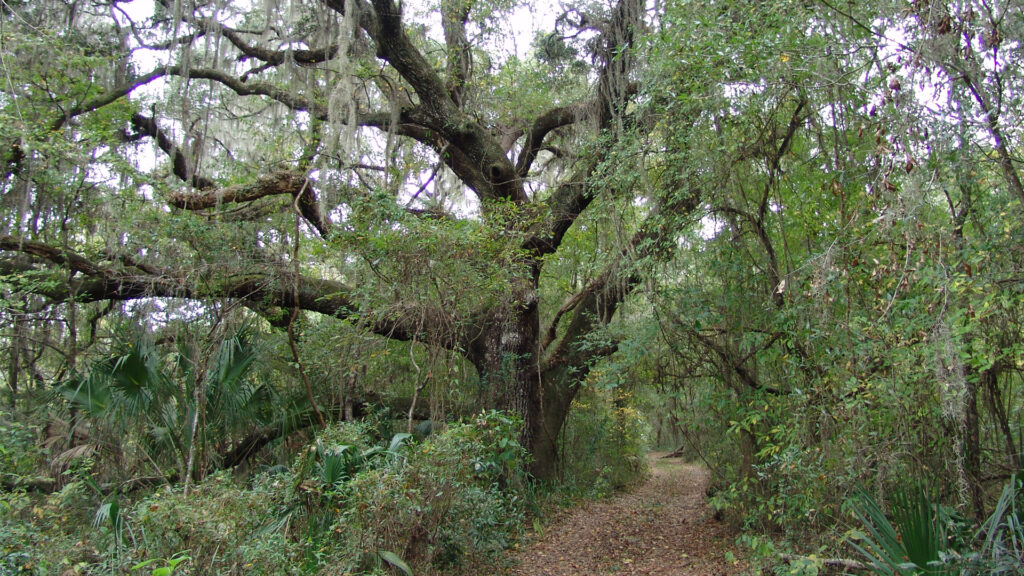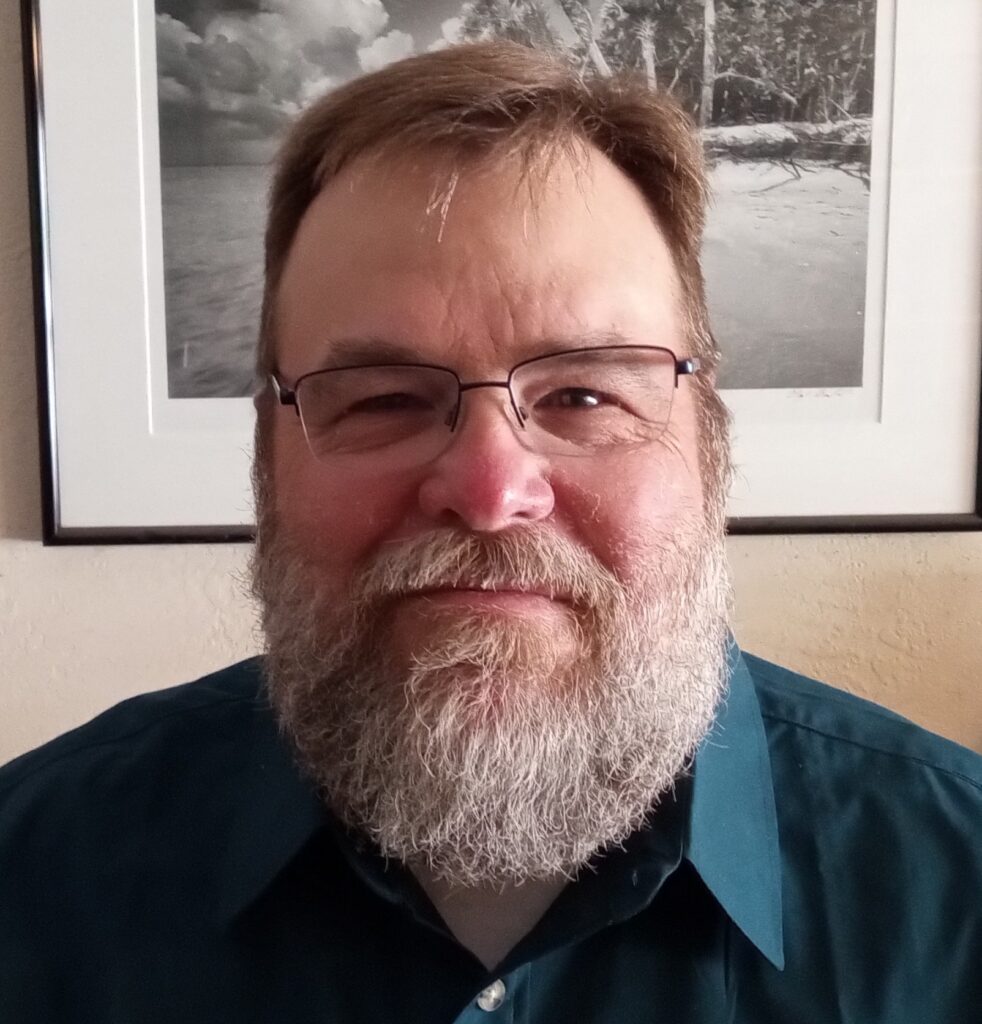By Joe Murphy, National Wildlife Federation
Florida stands at a unique crossroads in terms of our public lands. Floridians support acquisition, effective management and connections between our public lands. Recent events in Florida, though, have outraged folks as those events cast doubt about the security of public lands once in the management and possession of the state.
Can anyone say state parks debacle? Secret backroom deals? Limited public participation? Floridians and our public lands deserve better.
While there is truly much to celebrate in Florida regarding public lands, recent events are raising tough questions. If public lands, once acquired and managed for their ecological value and for nature-based recreation, are then subject to being swapped, surplused or degraded with golf courses, resorts or pickleball courts, are those lands truly safe?

Few proposals pose the threat to Florida’s public lands that the idea of swapping 324 acres of Withlacoochee State Forest (WSF) for timber land in Levy County does. Gov. Ron DeSantis and the Florida Cabinet rushed through a backroom deal with no public input or participation.
The proposed swap is a bad deal. The land that would be swapped away would become another golf course. Sound familiar?
The facts are simple. The land within WSF has current and future conservation value. It will become a restored longleaf pine ecosystem that is part of regional wildlife corridors. It provides current and future habitat for common and imperiled species.
The Florida Forest Service needs to continue taking the long view in restoration efforts in the WSF. They must continue to manage the forest for this and for future generations of people and of wildlife. They must oppose this swap.
This 324-acre parcel is a key part of that long-term process and perspective. The value it has and will have as restored longleaf pine habitat, and as a portion of key linkages and corridors for wildlife, speaks to why this land swap will not benefit the WSF, the Florida Forest Service or the people of Florida.
Those longleaf pine and the wildlife corridors they will be a part of are worth far more than a golf course. I suspect gopher tortoises, Florida black bears and red-cockaded woodpeckers would agree with me.
The governor and Cabinet argue that Florida will be getting more land in the swap and there will be a net surplus. But those numbers do not tell the true story. Floridians will not be fooled.
We understand that effective public lands management is not simply about acreage size. A larger parcel of timbered land in Levy County that is not part of a corridor or adjacent to other public lands, while containing more acreage, is not more valuable than land already within the WSF that lies in a critical location.
This is not a numbers game. This is about using sound ecological information to make decisions. It is about restoration and connecting our public lands with corridors and greenways. Most importantly, though, it is about the public trust.

Stopping the proposed WSF land swap offers the state of Florida an opportunity to send a clear message to Floridians that Florida’s public lands are in good hands, and safe. Florida’s public lands are held in trust by conservation agencies. They are the birthright of all Floridians, managed for people, wildlife and future generations.
The National Wildlife Federation, and our allies and members, are urging the Florida Forest Service and the Florida Acquisition and Restoration Council (ARC) to say no to this proposed swap. They must speak for this place.
Florida’s public lands define who we are. They highlight what we choose to save and to value. They will speak to future generations as to what we did to ensure wild Florida survived. Our public lands are powerful evidence that we had the grace and wisdom to protect natural places and value species other than our own.
Another golf course sends a vastly different message. Stop the swap and protect the WSF.
Joe Murphy is a wildlife policy specialist for the National Wildlife Federation’s (NWF) Gulf Program. NWF’s mission is to unite all Americans to ensure wildlife thrive in a rapidly changing world. NWF focuses on protecting wildlife habitat, restoring important freshwater and coastal ecosystems, and connecting people with nature. NWF speaks for a broad-based constituency, including 53 state and territorial affiliates and almost seven million members and supporters.
If you are interested in submitting an opinion piece to The Invading Sea, email Editor Nathan Crabbe at ncrabbe@fau.edu. Sign up for The Invading Sea newsletter by visiting here.




What can I do to help prevent this swap? This enrages me. My family has been in the Withlacootchee State Forest since the 1890’s. Came down here on a ox cart and traded with the Indians on river.